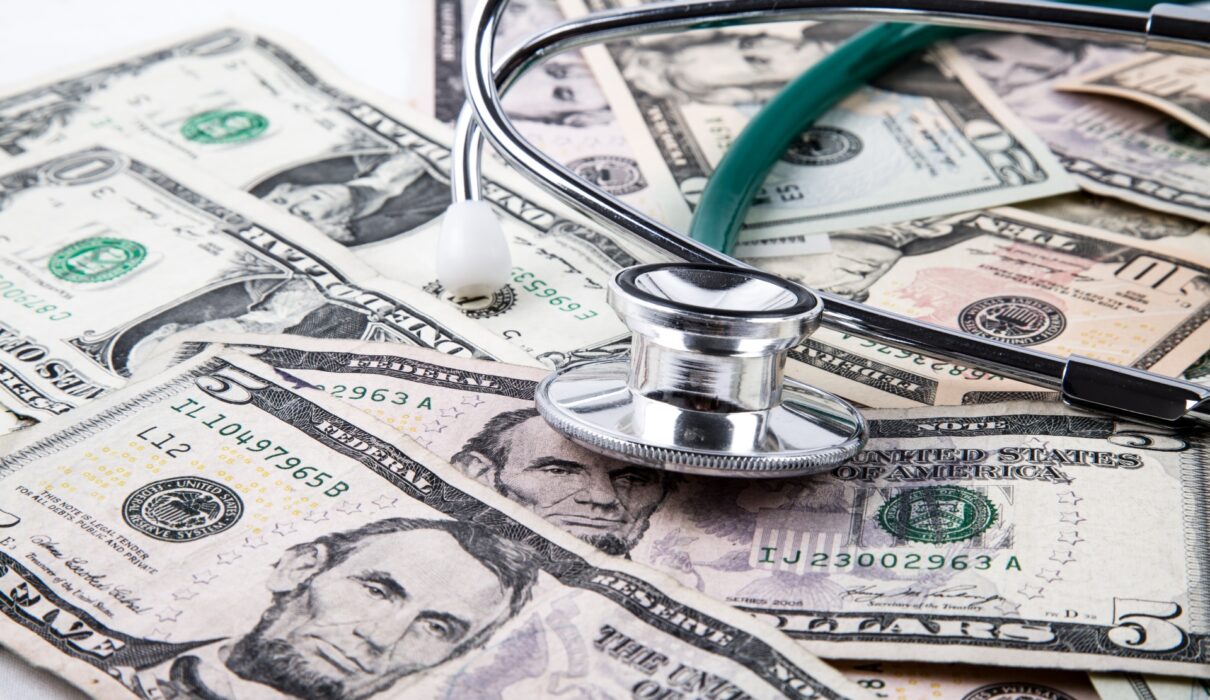With the current pandemic, healthcare, and how to pay for it, is on the minds of every American. Even in good times, paying for healthcare can be an issue. Now, if you or a loved one needs extended treatment due to COVID-19, it could become a serious financial burden. If you do not have adequate health insurance, the costs of such treatments could be astronomical. And it does not have to be anything related to the coronavirus. For example, according to the National Cancer Institute, treatment for certain types of cancer for just one year can cost more than $100,000 for those under-insured.
But the good news is that there is an option you may not be aware of – a medical loan.
What Is a Medical Loan?
A medical loan is a special type of personal loan that’s only used to pay for specified medical care. Medical loans are granted by banks and other lenders, and are usually unsecured loans, meaning they’re not tied to any collateral. This makes them safer if you end up defaulting, because the lenders can’t take any property from you, such as repossessing your car.
On the other hand, as an unsecured personal loan, you will need a good credit score to qualify. And even with good credit, unsecured loans can be more expensive than those that are secured. A medical loan could come in very handy if you need to pay for a large healthcare expense, such as an intensive care hospital stay due to a severe case of COVID-19. For surgery or other procedures that have nothing to do with COVID, getting a loan to have it done sooner than later will probably result in a better outcome. With many diseases, especially cancers, the longer you put off treatment, the worse the condition progresses.
What to Consider When Choosing a Loan
According to Forbes, here are some questions to ask yourself before you take out a medical loan:
- What is the interest rate? Medical loan interest rates typically range from 4.99% to 35.99%. As a comparison, the average two-year personal loan rate in August 2020 was 9.34% APR.
- What are my other options? Getting a medical loan can seem like your only option, but it’s probably not. Make sure you see what else is available to you.
- Who is the money paid out to? Will the money be sent to you directly or to the doctor?
- What are the monthly payments? Is this something that you can afford in your budget? If not, is there room to make adjustments to your current expenses?
- How much will I pay in total interest? Ask the lender or use a personal loan calculator to see how much you’ll pay in interest over the life of the loan. Are you comfortable with that number?
Have you ever had to take a medical loan? How did it work out for you? Please reply using the comments below.

